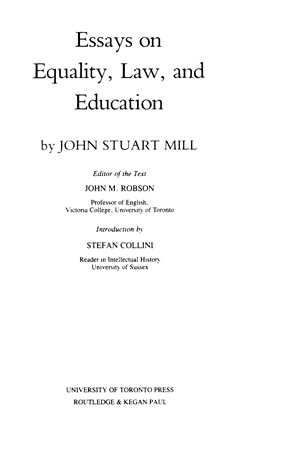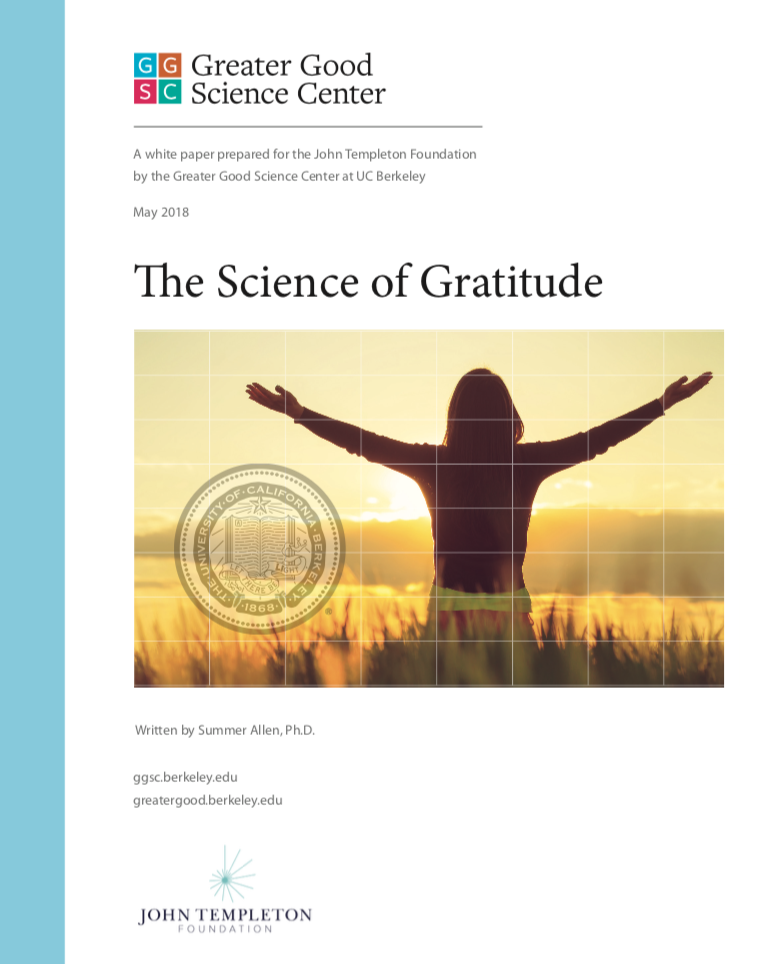Articles
Occasional John Definition
The essay 'Occasional Discourse on the Negro Question' was written by the British essayist Thomas Carlyle about the acceptability of using black slaves and indentured servants. It was first anonymously published as an article in Fraser's Magazine for Town and Country of London in December 1849,[1] and was reprinted as a pamphlet four years later with the title, 'Occasional Discourse on the Nigger Question'.[2] The essay was the spark of a debate between Carlyle and John Stuart Mill.[3]
As a term of literary criticism, 'occasional poetry' describes the work's purpose and the poet's relation to subject matter.It is not a genre, but several genres originate as occasional poetry, including epithalamia (wedding songs), dirges or funerary poems, paeans, and victory odes. Legalism is pursuing good works with the intention of earning God’s favor. The point is to save one’s self. It is good works without believing that God justifies us by faith alone. John Piper explains it this way: “The essence of legalism is when faith is not the engine of obedience” (“The Anatomy of Legalism and the Discipline of. Occasional driver insurance by definition is insurance used to protect someone who uses your car once or twice a week. Most often this would be a nanny, spouse, roommate, or even a post-secondary school student who uses their parent’s car every once in a while. The premium rate for occasional driver insurance is based on. Occasional synonyms and antonyms in the English synonyms dictionary, see also 'occasionally',occasion',occupation',operational', definition. Understand occasional meaning. Define occasionally. Occasionally synonyms, occasionally pronunciation, occasionally translation, English dictionary definition of occasionally. Now and then; from time to time. American Heritage® Dictionary of the English Language, Fifth Edition.
It was in this essay that Carlyle first introduced the phrase 'the dismal science' to characterize the field of economics.[4]
Origins[edit]
The article began as a devil's advocate work with the aim of challenging what Carlyle perceived to be a hypocritical philanthropic movement for the emancipation of West Indian slaves. Although the slave trade had been abolished in the British colonies by 1807, and slave ownership in the British Empire by 1834, the USA, Cuba and Brazil continued to use slaves for economic advantage after 1838. In its original publication, Carlyle presented it as a speech 'delivered by we know not whom' written down by an unreliable reporter by the name of 'Phelin M'Quirk' (the fictitious 'Absconded Reporter'). The manuscript was supposedly sold to the publisher by M'Quirk's landlady in lieu of unpaid rent – she found it lying in his room after he ran off.

In its 1849 publication, a fictitious speaker makes various controversial points ranging from insults about the appearance and intelligence of black Africans to radical alternative solutions to the slavery problem. These are probably opinions that Carlyle had gathered from the British under-class and from upper-class plantation owners, such as his friend John Sterling, and some of the other supporters of slavery he met in London, all fused into one. The speaker suggests that the conditions on most slave ships are not nearly as awful as the worst reported, and that many countries aside from Britain were involved in the slave trade, so that trying to stop it would be impossible. Additionally, he proposes that rather than simply setting slaves free, into a world of which they have little understanding, slave owners should be obliged to look after them like members of their families, by caring for them into old age.

Throughout the delivery of the speech to the public, M'Quirk reports that members of the audience got up and left in disgust, suggesting how Carlyle expected the essay would be received. Just as he had expected, the work met with widespread disapproval, and in the minds of many people, Carlyle's reputation was forever tarnished. Carlyle's closest friends criticized him for his stand, but rather than back down he grew contrary and isolated. In later publications, the M'Quirk framework was entirely omitted, and Carlyle expressed the opinions as if they were his own.[citation needed]
Debate with John Stuart Mill[edit]
John Stuart Mill's reply, in the next issue of Fraser's Magazine, under the title, 'The Negro question' was also published anonymously.[5]
See also[edit]
Notes[edit]
- ^Carlyle, Thomas (1849). 'Occasional Discourse on the Negro Question', Fraser's Magazine for Town and Country, Vol. XL, pp. 670–679.
- ^Carlyle, Thomas (1853). Occasional Discourse on the Nigger Question. London: Thomas Bosworth.
- ^Goldberg, David Theo (2008). 'Liberalism's Limits: Carlyle and Mill on 'the Negro Question',' Nineteenth-Century Contexts, Vol. XX, No. 2, pp. 203–216.
- ^Carlyle (1849), p. 672.
- ^Mill, John Stuart (1850). 'The Negro Question'. Fraser's Magazine for Town and Country. Vol. XLI, pp. 25–31.

References[edit]
- The Carlyle-Mill 'Negro Question' Debate.
- Christianson, Aileen (1980). 'On the Writing of the Occasional Discourse on the Negro Question', Carlyle Newsletter, Vol. II, pp. 13–19.
- Neff, Emery (1924). Carlyle and Mill. New York: Columbia University Press.
External links[edit]
Jonah Definition

Occasional John Definition Philosophy
| Wikisource has original text related to this article: |